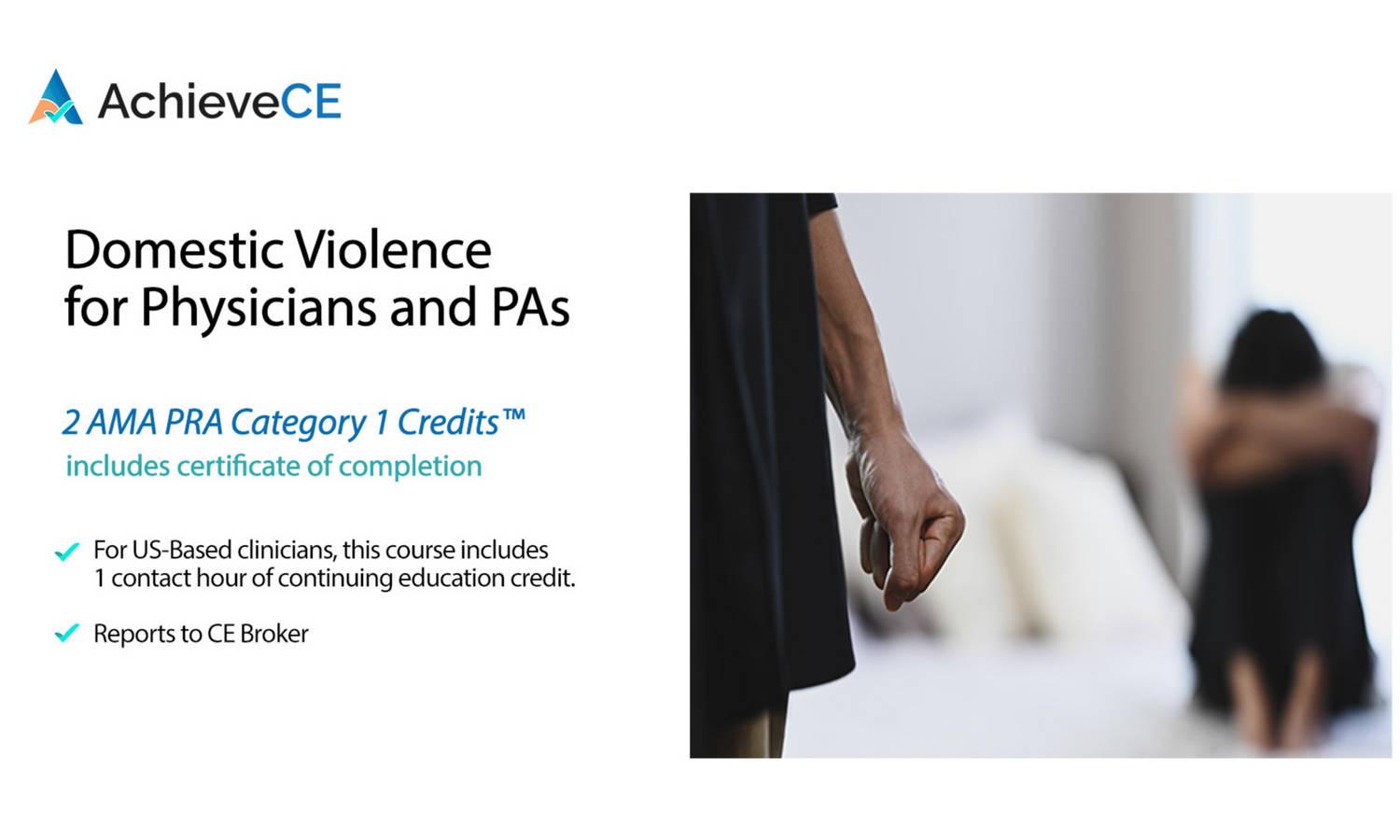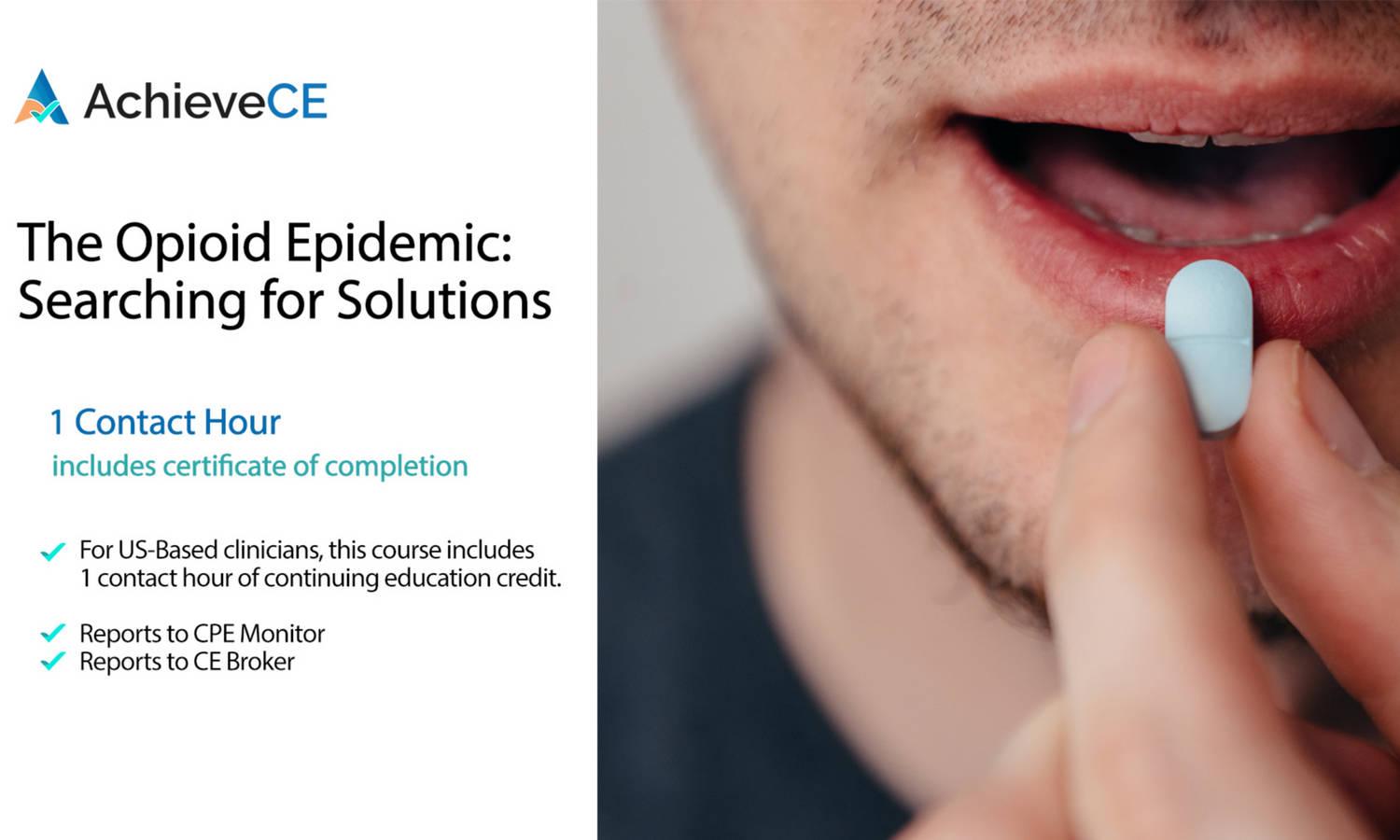
A Randomized Controlled Trial of Cognitive Behavioral Therapy for ADHD In Medication Treated Adolescents
 hosted byCe-Classes.com
hosted byCe-Classes.comA Randomized Controlled Trial of Cognitive Behavioral Therapy for ADHD In Medication Treated Adolescents is organized by Ce-Classes.com.
Ce-Classes.com maintains responsibility for this course. ASWB Approval Period: 1/5/2020-1/5/2026
Course Description:
This course presents research findings regarding the efficacy of CBT for adolescents with ADHD who continued to have significant symptoms even after standard medications had been tried. The study evaluated adolescents who were between 14-18 years old and who had been medicated for ADHD. This course is based upon material published in the Journal of Child Psychology and Psychiatry and is available as an open-access article through the Health and Human Services public access website.
Abstract: Objective—To test cognitive behavioral therapy (CBT) for persistent ADHD symptoms in a sample of medication-treated adolescents. Methods—46 adolescents (ages 14-18), with clinically significant ADHD symptoms despite stable medication treatment were randomly assigned to receive CBT for ADHD or waitlist control in a cross-over design. 24 were randomized to CBT, 22 to the waitlist, and 15 crossed-over from the waitlist to CBT. A blind independent evaluator (IE) rated symptom severity on the ADHD Current Symptom Scale, by adolescent and parent report, and rated each subject using the Clinical Global Impression Severity Scale (CGI), a global measure of distress and impairment. These assessments were performed at baseline, 4-months (post-CBT or post-waitlist), and 8-months (post-treatment for those originally assigned to the waitlist condition and 4-month follow-up for those originally assigned to CBT). Results—Using all available data, mixed effects modeling, and pooling for the wait list crossover, participants who received CBT received a mean score 10.93 lower on the IE-rated parent assessment of symptom severity, 5.24 lower on the IErated adolescent assessment of symptom severity, and 1.17 lower IE-rated CGI. Results were consistent across 100 multiple imputations (all p-values less than 0.0001). There was a greater proportion of responders after CBT by parent and adolescent report Conclusions—This study demonstrates the initial efficacy of CBT for adolescents with ADHD who continued to exhibit persistent symptoms despite medications.
This course on the use of CBT for adolescents continuing to struggle with ADHD after being medicated. is designed for social workers, professional counselors, psychologists, nurses, and substance abuse counselors, who do clinical work. This course is appropriate for beginning, intermediate, and advanced level practitioners who wish to develop their knowledge of the use of CBT for adolescents continuing to struggle with ADHD after being medicated. It may also be useful for licensed clinicians who require clinical continuing education courses for license renewal.
The course is based on a journal article that includes research. It contains statistical analysis and data that some clinicians enjoy reading and others do not. A major benefit of reading research-based articles for continuing education is they provide practitioners with the latest findings in their field.
Course Objectives:
This course will provide the practitioner with detailed information regarding cognitive behavioral therapy for adolescents with ADHD. Specifically, a professional will:
• Identify the risks and rewards of using CBT on ADHD adolescents
• Recognize the effects of CBT on ADHD adolescents
• Distinguish the long-term impact of CBT on ADHD in adolescents
Additional details will be posted as soon as information is available.









